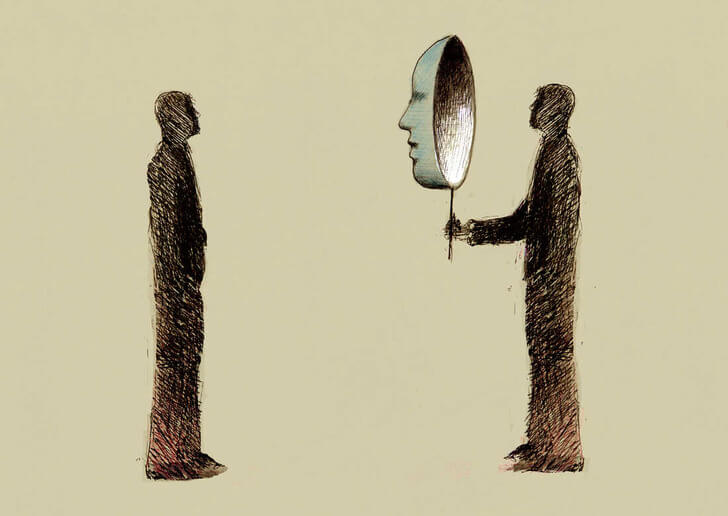Buckle up for a journey into the intricate web of deception as we uncover 15 fascinating facts about lies. Lies, whether big or small, are an intriguing aspect of human behavior, shaping our relationships, society, and even history. From the psychology behind lying to the surprising benefits of the occasional fib, our exploration will reveal the complex world of untruths. So, prepare to unravel the truth about lies and the intriguing ways they intersect with our lives.
1-5 Fun Facts About Lying

1. Interestingly, our brains can adapt to the act of lying, leading to a slippery slope of dishonesty. A study published in Nature Neuroscience describes how lies can escalate over time, particularly in cases of “self-serving dishonesty.” The more we engage in dishonest behavior, the more our lies tend to grow in magnitude. It’s akin to nurturing a plant; the more we feed it, the larger it becomes.
2. Despite our inclination to lie, human beings are relatively poor at discerning when someone else is being untruthful. Studies have shown that people can identify lying with only about 52% accuracy, equivalent to the outcome of a coin toss.
3. Remarkably, primates also exhibit the ability to both lie and detect deception in others.
4. While shifty eyes may not be a reliable indicator of deception, watch those pupils! When we lie, our pupils tend to dilate, giving away our deceit.
5. The traditional lie detector, often seen as a reliable tool for detecting dishonesty, may not be as foolproof as it seems. Leonard Saxe, psychologist, professor, and polygraph researcher says, “Because of the nature of deception, there is no good way to validate the test for making judgments about criminal behavior. There is no unique physiological reaction to deception.”
6-10 Interesting Facts About Lying

6. Intriguingly, individuals who are lying tend to use fewer hand movements while speaking.
7. Conversely, liars are more likely to employ negative language, such as words like “worthless,” “loser,” and “sad.” This linguistic pattern may be attributed to the higher anxiety and guilt often experienced by individuals who are being deceitful.
8. The age range between 13 and 17 is when we tend to lie the most.
9. Surprising as it may be, research indicates that Americans tell an average of 11 lies per week, equating to slightly over one falsehood per day.
10. Children diagnosed with Attention Deficit Hyperactivity Disorder (ADHD) face challenges related to executive function, including difficulties with impulse control and truthfulness. These struggles can contribute to their propensity for lying.
11-15 Surprising Facts About Lies

11. An intriguing historical tidbit reveals that both Ray Kroc, the founder of McDonald’s, and Walt Disney served as ambulance drivers in the same unit during World War I. Remarkably, they had both lied about their ages to enlist.
12. When he was only 14 years old, Laurence Fishburne pretended to be 17 to play the role of a soldier in the movie Apocalypse Now. The filming took so long that by the time it was over, Fishburne had actually turned 17.
13. In a remarkable wartime story, a 12-year-old boy fabricated his age to join the Navy in 1942. By the age of 13, he had become a decorated war hero. However, his mom eventually discovered his secret, leading to his dismissal from the Navy.
14. The truth has its perks! Researchers have discovered that telling the truth instead of lying can significantly improve a person’s mental and physical health. So, honesty truly is the best policy!
15. Surprisingly, a study published in the Journal of Basic and Applied Social Psychology revealed that approximately 60% of people tell at least one lie during a ten-minute conversation. Why? They want to be likable and appear competent.
Bonus Fact: In a thought-provoking study, it was found that strict parenting can inadvertently cultivate more effective liars among children. This is because children who fear the consequences of telling the truth often resort to developing more sophisticated deceptive behaviors to avoid getting into trouble.
That’s it for this post guys, I hope you had fun while reading about 20 Scientific Facts About Lying.
In case you’re interested in reading other articles:
20 Eye-Opening Facts About Anger To Calm You Calm You Down
15 Shocking Facts About Sigmund Freud That Will Blow Your Mind


